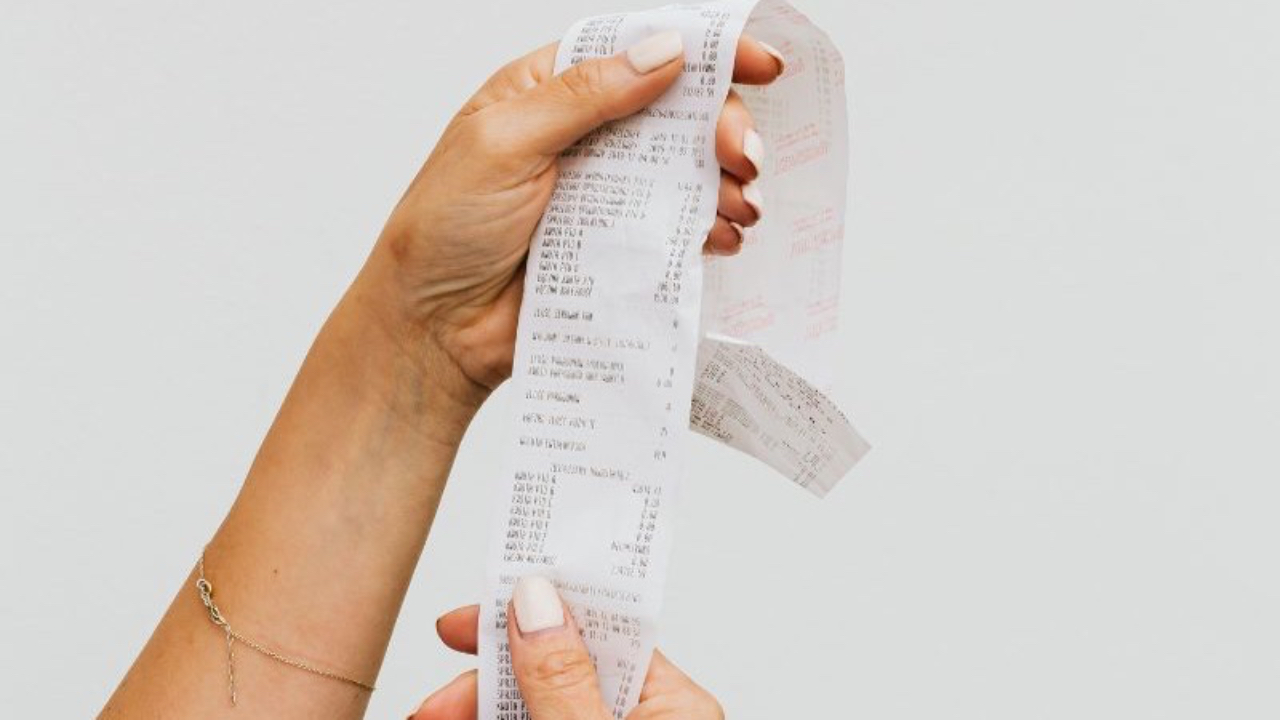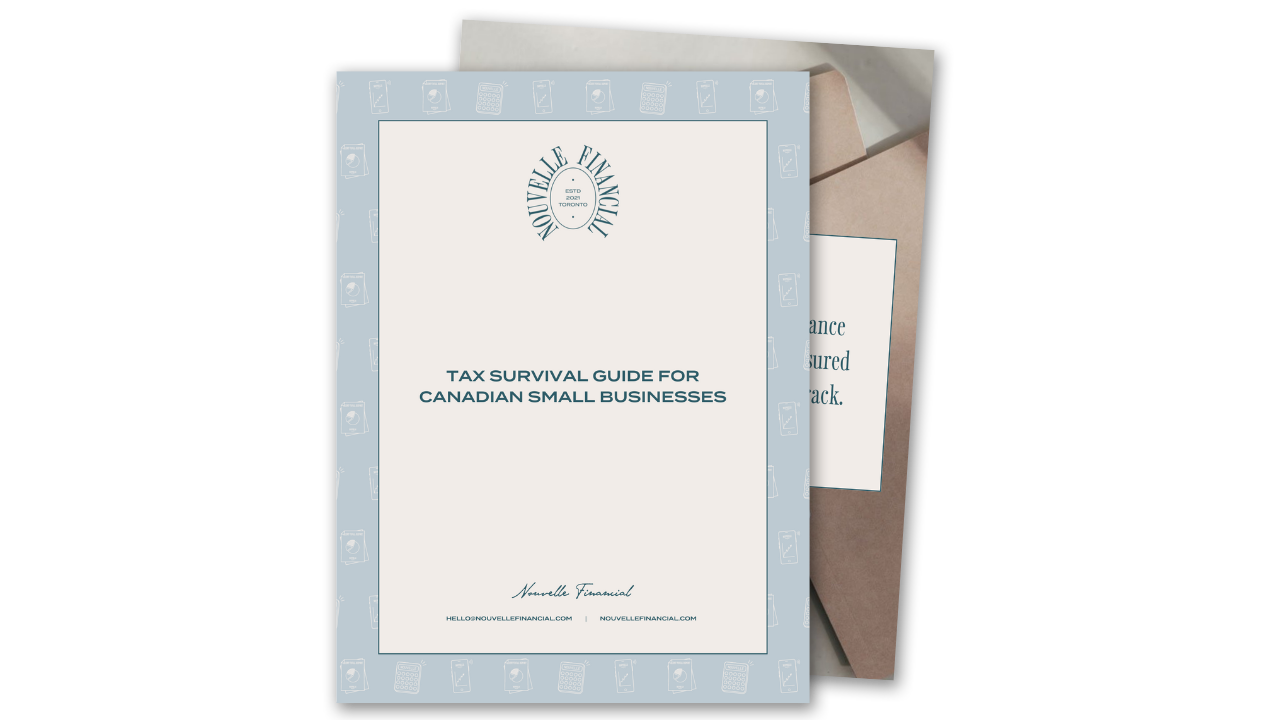
How to handle business receipts: When and why they matter
For most entrepreneurs, keeping track of receipts can feel like a daunting task, especially if you’re not a fan of paper (I get!).
By setting up a solid system and using your business card exclusively for business expenses, keeping receipts becomes simple, and you’ll probably never need to refer to them.
New Here?
I’m Amelia, a Toronto-based accountant dedicated to supporting women-owned businesses. My main purpose is to help you know your numbers, increase profits, and avoid mistakes when it comes to the numbers side of your biz.
Whether it’s taking it off your plate, helping you DIY with ease with my Sole Prop Starter Kit, or increasing your financial awareness—I’m here to make it simple.
Be sure to sign up for free monthly bookkeeping & tax reminders sent straight to your inbox to be sure you stay on track and never miss a deadline.
Why Keep Receipts?
To show that your purchases were for valid business expenses in case you're ever audited. For example, if you buy $500 worth of stuff on Amazon, they'll want to see that it was for office supplies, not home decor. These are essentially expenses that help you earn more income or show up as a better business owners.
And don't forget, keeping track of receipts is essential for claiming back GST/HST on your business purchases too!
How To Make It Easy
-
Use your business card exclusively for business related purchases.
-
When shopping for both personal and business items, separate the transactions and use two different cards.
-
If you make a mistake, reimburse the business or yourself to create a clear cash trail.
How To Store Business Receipts
You can keep this super simple by organizing your business receipts in a single Dropbox folder for each year. Name each receipt using the format DATE-VENDOR-AMOUNT so that if you’re ever audited, you can find what you need at a glance without any hassle.
Example: 2025-01-25 Amazon $113.23.pdf
If you have paper receipts, just use the Dropbox app on your phone to scan it, save it as a PDF, and recycle the paper.
If you have electronic receipts, just save them directly to the same Dropbox folder.
Some people create a new email address specifically for forwarding receipts, but I don't recommend it. It's harder to stay organized, and if you lose access to your email, you could lose your receipts too.
If you’re looking for something more structured, Hubdoc and Expensify are great options as well!
How long do you need to keep your receipts?
As a general rule, hang on to all your required records and supporting documents for 6 years from the end of the last tax year they’re related to.
What’s Next?
Be sure to sign up for free monthly bookkeeping & tax reminders sent straight to your inbox to be sure you stay on track and never miss a deadline.
Ready to take control of your books and taxes? Book a connection call with us today to learn how we can support you and your business.










